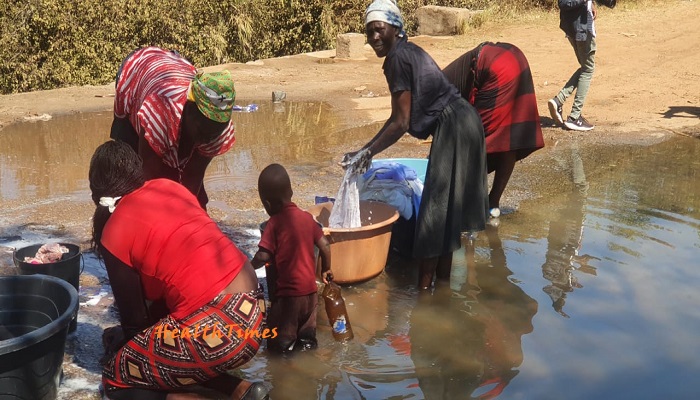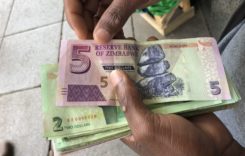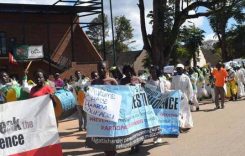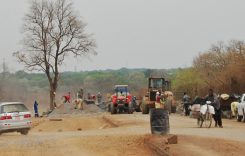The Ministry of Health and Child Care launched a Bilharzia Elimination Pilot Project in Shamva through the National Institute of Health Research under the Zimbabwe-China Co-operation in June, with the aim of assessing the possible use of various new diagnostic tools for testing bilharzia (schistosomiasis) in communities where the disease is common.
In its 2023 bilharzia information factsheet, the World Health Organisation (WHO) says Zimbabwe is endemic to 14 Neglected Tropical Diseases (NTDs), with the top four NTDs being bilharzia, intestinal worms, elephantiasis and blinding trachoma.
This is a summary of some basic facts on bilharzia in Zimbabwe.
Which are the Bilharzia Hotspots in Zimbabwe?
- Madziwa
- Goromonzi
- Mutare
- Masvingo
- Triangle
- Chiredzi
- Lake Kariba
What is Bilharzia, or Schistosomiasis?
Bilhazia is the common name for a disease known scientifically as “Schistosomiasis”, which is an infection caused by a parasitic worm that lives in fresh water in subtropical and tropical regions.
How do you get Bilharzia?
The worms that cause schistosomiasis live in fresh water, such as:
- ponds
- lakes
- rivers
- reservoirs
- canals
Symptoms of Bilharzia
You often don’t have any symptoms when you first become infected with schistosomiasis, but the parasite can remain in the body for many years and cause damage to organs such as the bladder, kidneys and liver.
According to research, a person cannot notice that they have been infected, although occasionally people get small, itchy red bumps on their skin for a few days where the worms burrowed in.
After a few weeks, some people develop:
- a high temperature (fever)
- an itchy, red, blotchy and raised rash
- a cough
- diarrhoea
- muscle and joint pain
- tummy pain
- a general sense of feeling unwell
Treatment for bilharzia
Schistosomiasis can usually be treated successfully with a short course of a medication called praziquantel, which kills the worms.
Praziquantel is most effective once the worms have grown a bit, hence treatment may need to be repeated a few weeks after your first dose.
Steroid medication can also be used to help relieve the symptoms of acute bilharzia, or symptoms caused by damage to the brain or nervous system.
How can it be prevented?
You can check whether the area you are visiting is known to have a problem with schistosomiasis.
If you’re visiting one of these areas:
- avoid paddling, swimming and washing in fresh water – only swim in chlorinated swimming pools
- boil or filter water before drinking – as the parasites could burrow into your lips or mouth if you drink contaminated water
- avoid medicines sold locally that are advertised to treat or prevent schistosomiasis – these are often either fake, sub-standard, ineffective or not given at the correct dosage
- don’t rely on assurances from hotels, tourist boards or similar that a particular stretch of water is safe – try to find out from an official or reliable health authority source
Health experts say the mere practice of quickly drying yourself with a towel after getting out of the water is not a reliable way of preventing infection. But it’s still advisable to dry yourself as soon as possible if you’re accidentally exposed to potentially contaminated water.
Sources
Ministry of Health and Child Care
WHO
https://www.nhs.uk/conditions/schistosomiasis/
https://www.researchgate.net/figure/Map-of-Zimbabwe-showing-locations-of-case-studies-reviewed-produced-by-Mrs-A-Makati_fig2_225087370
https://www.tandfonline.com/doi/pdf/10.1080/23311886.2023.2215632
Related Content
Do you want to use our content? Click Here












